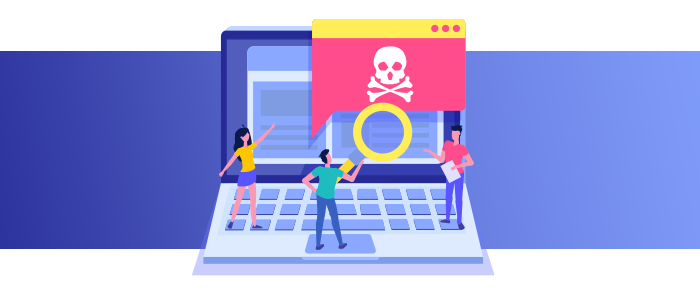
Understand your Cookie to manage it better!
There are 3 kinds of cookies, each having different functions. One of them is session cookies. If it weren’t for session cookies, you wouldn’t be able to do any online shopping, banking, social media posting or any other activity that requires you to be logged in/identified. These session cookies are temporary cookies and they disappear once you log out of the website, thereby ending your session. It is the session cookies that enable the website to identify you and your actions and react accordingly. Without them, every click you make on the site, will be treated as a new one, unrelated to the previous action. For example, you logged into your bank account to transfer money to a friend. If you click on “Money Transfer”, without a session cookie, the bank’s website won’t recognize you from your log-in and you just won’t be able to proceed further. You will be stuck in an endless loop of log-ins.The second kind of cookies are called persistent cookies.These cookies are stored in the hard drive of your computer. Unlike the session cookies, they are not temporary and don’t disappear until you clear them proactively. Persistent cookies are used by websites to offer you a customized browsing experience. For example, when you visit the website of a company that has a global presence, you may be given the option to choose your preferred language and country, so the site displays relevant information. Unless you clear the cookies from your computer manually, the next time you visit the site, you will automatically be taken to the version of it that you chose last time--probably English, US.
The third kind of cookies are called third-party cookies and are typically used to retarget customers as a part of online advertising campaigns. You might have noticed that sometimes after you visit online shopping sites, ads related to the items you viewed on the shopping site shows up as you browse other websites too. That is a situation where third party cookies have been deployed.
While cookies by themselves are harmless, cybercriminals can use them as a medium to attack you virtually. But you just cannot make do without cookies. So, how do you manage cookies effectively to stay safe? Download our whitepaper, The Cookie, monster is coming for you to learn more!

Comments
Post a Comment